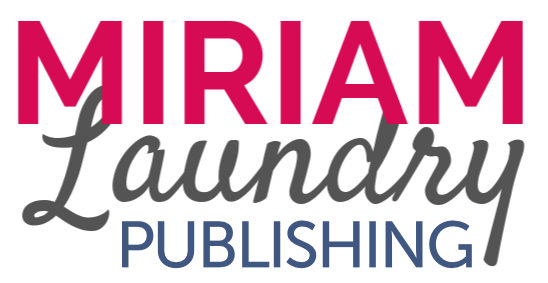If you’ve ever put yourself out there and dove into the deep end of pursuing your dream, then you probably know that everyone has an opinion. Some of these opinions are helpful, while others might be discouraging. In this blog, we’ll walk through the reality of receiving critique as a children’s author, including how we can benefit from critique, tips for overcoming critique, and what to do next.
How We Can Benefit From Critique
The word “critique” can feel intimidating. But as authors, we can use critique to our advantage. Critique can…
Show us how readers might respond to our stories
Offer insights on what might need fine-tuning
Guide our next steps as we improve and grow as writers
Demonstrate who’s really in your corner by showing you who to keep close—those whose feedback we trust and value—and who to distance from, recognizing that not all critique is constructive or beneficial
But, even if we know the value of critique, it still might sting. (And that’s normal!) Here are some tips you can use for overcoming critique as a writer
Tips for Overcoming Critique
Even though some critique is helpful, there are always people out there who will try to hold you back from achieving your dream of inspiring young readers. Here are some tips to help you discern what kind of critique is helpful and navigate overcoming critique:
Be Open-Minded
While it can be tempting to feel defensive, it might actually be best to keep an open mind and receive critique with grace and understanding. This allows us to extract valuable nuggets of insight from even the harshest feedback.
Trust Your Instincts
When overcoming critique, remember to listen to your gut. Not all feedback is created equal. As authors, we need to trust our instincts to distinguish constructive criticism from subjective opinions that distract us from our goals.

SEPTEMBER 27-28, 2024
NIAGARA FALLS, CANADA

Embrace Autonomy as the Author
While critique offers perspectives and suggestions we might not have otherwise considered, remember that you have the final say in how you choose to shape your story. Embracing this autonomy empowers us to remain true to our vision while still benefiting from others’ insights.
What To Do Next
Now that you know the steps for overcoming critique, it’s equally important to know what to do next. Of course, your next steps will depend on what kind of critique you may have received. Here are some options to consider as you move forward.
Constructive Criticism
If you received constructive criticism on your story, editing would be a great next step for your book. Comb through the feedback received, identify areas you may need to revisit, and edit accordingly. Embrace the revision process as an opportunity to polish your work and elevate it to its fullest potential.
Discouraging Comments
If you receive discouraging comments, be sure to stand firm in your confidence. Trust in the uniqueness of your voice and the power of your story. Don’t let haters diminish the value of your creative vision and your passion for empowering young readers. You GOT this!
Comments That Stop You
If you encounter any kind of critique that stops you — makes you overthink your dream, reconsider your author path, pulls the inspiration away from you — it’s important to remember these two things:
- Remember WHY you’re writing this book.
- Keep going, no matter what.
An author’s journey can be paved with challenges, setbacks, and moments of doubt. But perseverance will separate you from the crowd. Overcoming critique isn’t just a chance to improve your skills — it’s also a catalyst for personal growth, teaching you to believe in yourself no matter what.
Overcoming critique is a stepping stone towards excellence. Embrace it, learn from it, and let it propel you forward on your journey as a picture book author.
Summary
1. Critique can be helpful as it…
- Shows us how readers might respond
- Offers insights
- Guides our next steps
- Demonstrates who’s really in your corner
2. You can overcome critique by…
- Being open-minded
- Trusting your instincts
- Embracing autonomy
3. To move forward, you can…
- Edit
- Develop confidence
- Remember your why
- Persevere

